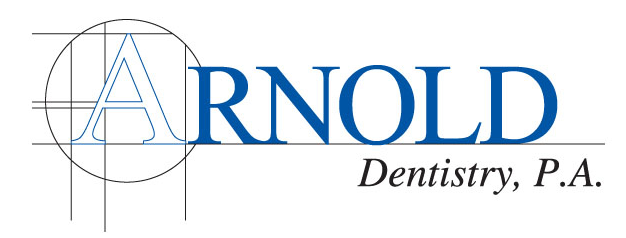What Causes a Toothache?
Tue, Nov 1st, 2022
One of the worst pains people report is a toothache. More than 40% of adults report some type of tooth pain each year so it is a common occurrence. A toothache can seem to hit out of the blue and if the pain starts after dental office hours, or over the weekend, you may have to wait to see your dentist.
Some of the main causes of toothache include:
- Tooth decay (cavity)
- A cracked tooth
- An abscessed tooth
- Gum disease
- Tooth grinding
How to Relieve Tooth Pain?
There are things you can do to help relieve toothache pain until you see the dentist.
Over-the-counter pain relievers like ibuprofen or acetaminophen can help with the pain. Rinse your mouth with warm water or salt water. This will help clean the area and reduce swelling. Apply a cold compress to your cheek to help numb the pain. You can also try cloves, which have natural numbing properties.
How to Avoid Getting a Toothache?
It is important to take care of your teeth to help reduce your chances of having a toothache. Here are some things you can do to reduce your chances of getting a toothache:
- Brush your teeth at least twice a day with toothpaste that contains fluoride
- Floss daily to remove plaque from areas your toothbrush can’t reach
- Visit your dentist regularly for cleanings and checkups
- Quit or don’t start smoking. Smoking increases your risk of gum disease, which can lead to toothache
- Don't use your teeth to open containers or to hold objects
- Avoid chewing hard items like hard candy or ice
Keeping up with regular dental cleanings and checkups may help you avoid toothache. For example, if your dentist notices a small cavity starting, they can fill it before it causes pain. Or your dentist may notice an old or large filling that needs to be replaced. If you have it replaced timely, it could help avoid the tooth cracking.
A chipped tooth or deep cavity can allow bacteria to enter your tooth and cause an infection. If you have tooth pain accompanied by a fever, swelling of your face or jaw, redness of your gums, or discharge from the affected tooth, this could be a sign of a tooth infection.
If you think you might have a tooth infection, it’s important to see your dentist right away because it can lead to other serious health problems if left untreated. In some cases, the infection can spread to the bones and tissues around your teeth leading to cellulitis or Ludwig’s angina. These are both potentially life-threatening conditions.
If you are having any symptoms such as pain when chewing, sensitivity to hot or cold foods or drinks, swelling around the tooth, or pus coming from the tooth, it’s important to see your dentist as soon as possible.
What is the Treatment for a Toothache?
Your dentist will ask about your symptoms and medical history and then do a physical examination of your mouth. They may also take x-rays to check for tooth decay or other problems. Once they have diagnosed the problem, they will discuss treatment options with you.
Treatment for a toothache depends on the underlying cause of the pain. If you have a tooth infection, you will likely need a root canal to remove the infected tooth pulp and clean out the tooth. If you have gum disease, you may need a deep cleaning to remove tartar buildup below the gum line or surgery to correct the problem.
See your dentist as soon as possible to get to the root of your toothache so they can help you feel better. Contact Arnold Dentistry if you are experiencing a toothache and for all of your dental needs!






